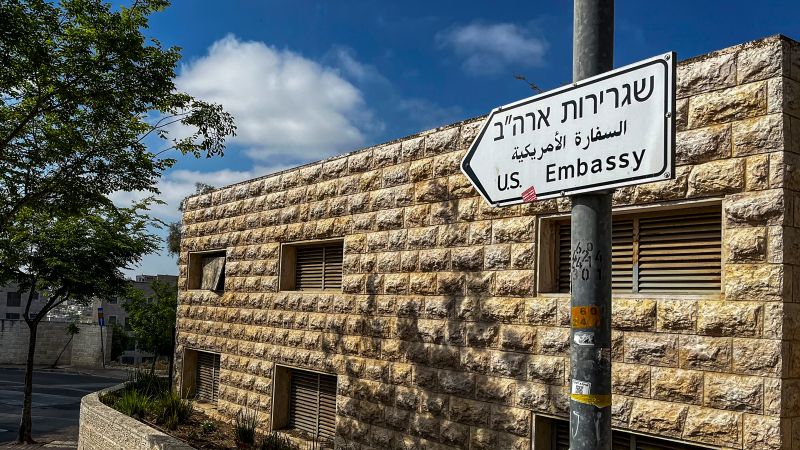Diplomatic Shift: US Dissolves Palestinian Affairs Office, Consolidates Operations in Jerusalem

In a significant diplomatic shift, the U.S. State Department announced Tuesday that it will be closing the Office of Palestinian Affairs and integrating its functions into the U.S. embassy in Jerusalem. State Department spokesperson Tammy Bruce confirmed the decision, which marks another notable change in U.S. diplomatic approach to the Israeli-Palestinian region.
The move signals a continued realignment of diplomatic resources and represents a strategic reconfiguration of how the United States manages its diplomatic engagement with Palestinian territories. By consolidating the office's operations within the Jerusalem embassy, the State Department appears to be streamlining its diplomatic infrastructure and potentially signaling a more concentrated diplomatic strategy.
This development comes amid ongoing geopolitical tensions and follows previous significant changes in U.S. Middle East policy. The decision to merge the Palestinian Affairs Office will likely spark discussions about the potential implications for U.S. diplomatic relations in the region.
